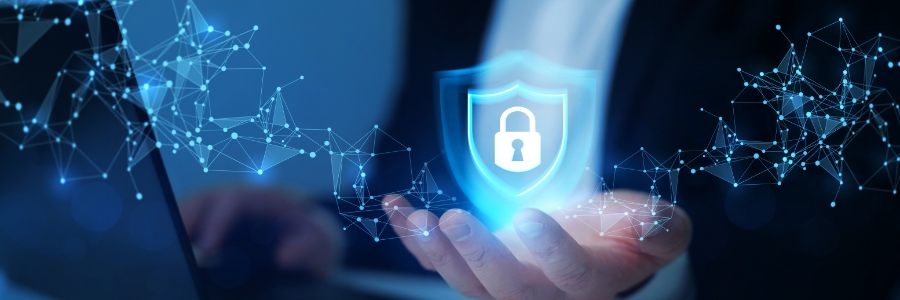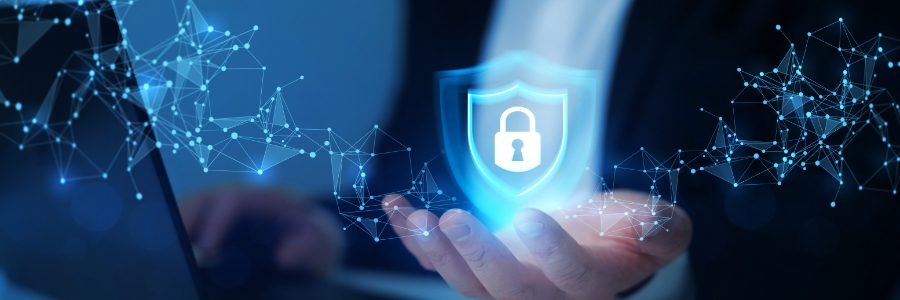
The rise of remote work has increased the importance of keeping personal and sensitive data secure. Remote workers are susceptible to data breaches, hacking, and other cyber threats because they often use personal devices and unsecured Wi-Fi networks. In this blog post, we will outline the steps remote workers can take to keep their data safe.
Use a virtual private network (VPN)
Using a virtual private network (VPN) is essential for remote workers who access sensitive data over public Wi-Fi networks. A VPN creates an encrypted connection between the remote worker's device and the company's network, allowing secure access to data and systems. This protects the data from being intercepted by cyber criminals or other malicious actors on the same public Wi-Fi network.
Encrypt sensitive data
Encryption is the process of converting data into a coded format, which can only be decrypted by someone with the correct decryption key. Encrypting sensitive data protects it from theft or unauthorised access, even if a device is lost or stolen. Encrypting your data at rest (when stored on disk) and in transit (when transmitted over the network) is recommended.
Use strong passwords and two-factor authentication
Using strong passwords and two-factor authentication (2FA) is essential in protecting personal and sensitive data. Strong passwords should be at least 12 characters long, contain a mix of upper and lowercase letters, numbers, and symbols. Two-factor authentication adds an extra layer of security by requiring the user to provide a second piece of evidence, such as a code sent to their phone, in addition to a password.
Keep software up-to-date
Regular software updates are essential in keeping your devices and systems secure. Software updates often contain security patches, which fix known vulnerabilities. Neglecting software updates can leave your devices and systems vulnerable to cyber-attacks. Additionally, updating your device's operating system, applications, and security software is important in ensuring the latest security features are in place.
Use anti-virus and anti-malware software
Using anti-virus and anti-malware software is essential in protecting your devices from cyber threats, such as viruses, spyware, and ransomware. These types of software scan your devices for known threats and alert you when a threat is detected. Keeping your anti-virus and anti-malware software up to date is essential in ensuring it provides the latest protection against cyber threats.
Backup your data
Backing up your data is essential in protecting against data loss in the event of a device failure or cyber-attack. Regular backups ensure that you have a copy of your data that can be restored in case of a loss. You should backup your data to an external hard drive, cloud storage, or other remote storage solution.
Secure personal devices
Securing personal devices is essential in protecting personal and sensitive data. Remote workers should take steps to secure their personal devices, such as using strong passwords, enabling device encryption, and using remote wipe options. Additionally, remote workers should avoid using public Wi-Fi networks for sensitive tasks and should always log out of any accounts when finished.
Be mindful of phishing scams
Phishing scams are a common cyber threat that can result in the theft of personal and sensitive data. Phishing scams typically involve an email or message that appears to be from a reputable source, such as a bank or other financial institution, and asks the recipient to provide personal or sensitive information. Remote workers should be wary of suspicious emails or messages and should never provide personal or sensitive information in response to an unsolicited request.
Contact CloudCoCo today to see how we can help protect your business data, no matter where you decide to work.

Leave a comment!